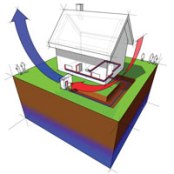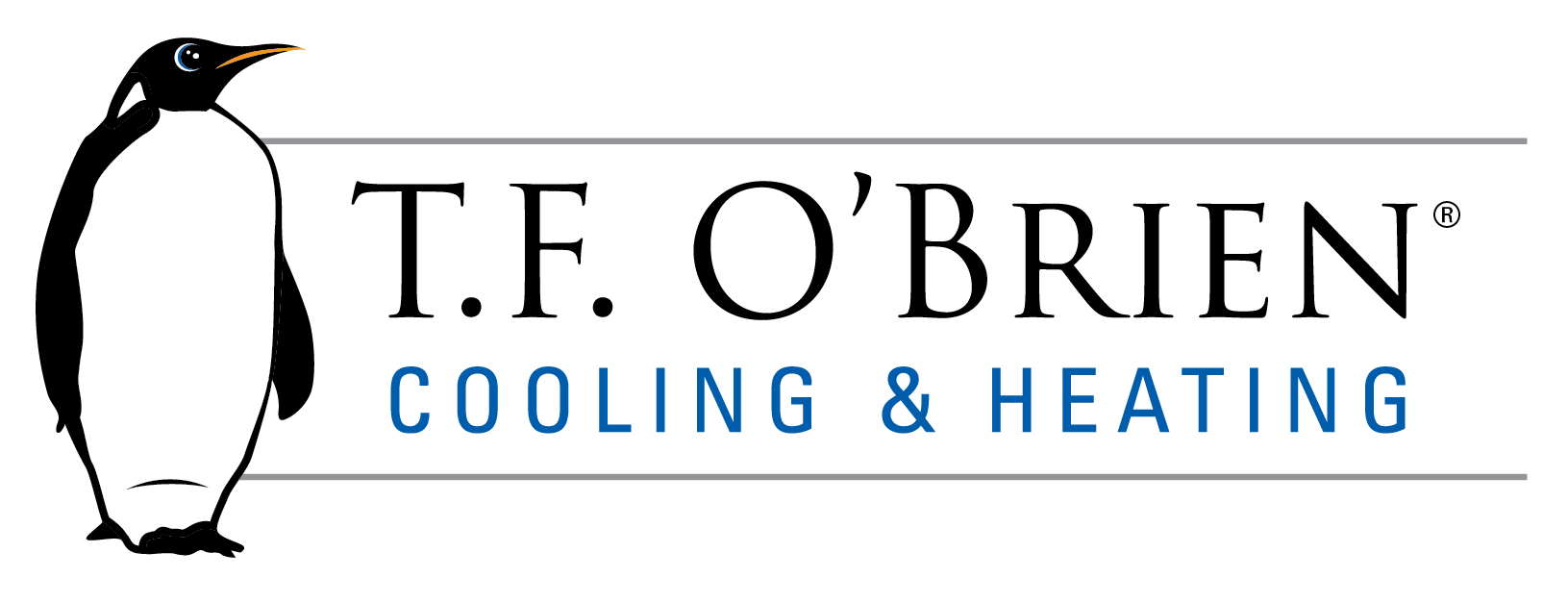 When your heat pump starts to give you trouble, it’s only natural to want to find the simplest and most affordable solution. That’s why we’ve compiled a list of simple – and more importantly, safe – heat-pump troubleshooting tips for Long Island homeowners. Continue reading “Troubleshooting Tips To Try To Get Your Heat Pump Working Properly”
When your heat pump starts to give you trouble, it’s only natural to want to find the simplest and most affordable solution. That’s why we’ve compiled a list of simple – and more importantly, safe – heat-pump troubleshooting tips for Long Island homeowners. Continue reading “Troubleshooting Tips To Try To Get Your Heat Pump Working Properly”
Tag: heat pumps
Air-Source Heat Pumps Get Efficient Results In Long Island’s Climate
 Efficiency equates to value; therefore both factors are important to Long Island homeowners upgrading their HVAC systems. For maximum value, air-source heat pumps are a particularly popular system of choice due to their high efficiency ratings. From initial purchase through years of operation, an air-source heat pump is one of the most practical and economical, and comfortable HVAC equipment options available. Continue reading “Air-Source Heat Pumps Get Efficient Results In Long Island’s Climate”
Efficiency equates to value; therefore both factors are important to Long Island homeowners upgrading their HVAC systems. For maximum value, air-source heat pumps are a particularly popular system of choice due to their high efficiency ratings. From initial purchase through years of operation, an air-source heat pump is one of the most practical and economical, and comfortable HVAC equipment options available. Continue reading “Air-Source Heat Pumps Get Efficient Results In Long Island’s Climate”
Where Do Experts Put The Estimated Life Span Of A Heat-Pump System?
If you are considering a new or replacement heating system, the estimated life span of the system is obviously a key factor that you need to take into consideration. This will largely affect your heating costs for many years to come, and you don’t want to choose a heating system that doesn’t meet your home-comfort requirements. Continue reading “Where Do Experts Put The Estimated Life Span Of A Heat-Pump System?”
Installing An Air-Source Heat Pump? Consider Sizing Factors
 It has been a hot summer in Long Island. But as cooler days approach, now is a good time to upgrade your heating and cooling system. If you are installing a new heat pump to replace your old system, it is important to work with a professional to correctly size your new equipment. Continue reading “Installing An Air-Source Heat Pump? Consider Sizing Factors”
It has been a hot summer in Long Island. But as cooler days approach, now is a good time to upgrade your heating and cooling system. If you are installing a new heat pump to replace your old system, it is important to work with a professional to correctly size your new equipment. Continue reading “Installing An Air-Source Heat Pump? Consider Sizing Factors”
Air-Source Heat Pump Advantages
Air-source heat pumps are a popular choice among homeowners who want to heat and cool their homes more efficiently. According to the U.S. Department of Energy, these units can carry nearly three times more heat energy into your home than the electrical energy they use. This is because instead of converting heat from a fuel, similar to combustion heating systems, a heat pump moves heat. Continue reading “Air-Source Heat Pump Advantages”
Considering Heat Pump Air Conditioning? Here’s What You Need To Know
Hey, Long Island homeowners: there is an option that you may not have considered yet to keep you cool this summer while also saving you some money. If you are in the market for a new HVAC system, consider heat pump air conditioning. Upgrading your home’s HVAC system is a good idea this year, because any homeowner who installs a qualified ENERGY STAR air-source heat pump is eligible for a tax credit on their 2011 federal taxes. Continue reading “Considering Heat Pump Air Conditioning? Here’s What You Need To Know”
Why More Homeowners Are Investigating Dual Fuel Systems
A dual fuel system is a combination gas furnace and electric heat pump. Heat pumps are extremely energy efficient and can produce as much as four times the amount of energy they consume, according to EnergySavers.gov. Continue reading “Why More Homeowners Are Investigating Dual Fuel Systems”
Troubleshooting Tips For Your Heat Pump
Heat pumps are a great way to save energy. They combine heating and cooling systems by using energy taken from the air outside. Instead of heating cold air, heat pumps just move heat around, meaning they can be 30 to 40 percent more efficient than an air conditioner according to the U.S. Department of Energy. Continue reading “Troubleshooting Tips For Your Heat Pump”
Three HVAC Terms Every Homeowner Should Know
The HVAC industry has become more complex in recent years. The pricing of electricity and other fuels, along with government standards has motivated manufacturers to produce better and more efficient equipment. Along with the manufacturing side, contractors have had to become better trained to keep up with industry changes.
There are terms used in heating and air conditioning that define the higher standards. The average homeowner needs to know a few basic ones in order to be better informed.There are three, in particular, about which every person should be aware. These terms are SEER, AFUE and NATE.
SEER, in the HVAC world, is a simple acronym for Seasonal Energy Efficiency Rating. By understanding this term, the consumer can make better decisions on electrically powered heat pumps and air conditioners. The common SEER rating currently ranges from 13 to 25. The higher the number, the more efficient the cooling or heating.
AFUE stands for Annual Fuel Utilization Efficiency. This rating applies to HVAC equipment that burns propane and other fossil fuels. The rating applies to how efficient the furnace, for instance, is at using fuel. An older gas furnace may only have a 65 or 70 percent AFUE rating. That means at 70 percent, the other 30 percent of fuel used is going out your flue or vent as waste. Newer models have ratings of 80 up to 95 percent. A 90 percent gas or oil furnace burns less fuel for an equal amount of heat and reduces waste and environmental impact.
NATE is a term for those who work in the HVAC industry. It represents North American Technical Excellence. A NATE Certified technician has undergone rigid testing of their skills and knowledge. Only by passing the test can an HVAC technician or contractor earn certification. When you have a NATE technician in your home, you have an assurance that they know how to deal with your problems.
At T.F. O’Brien, we want the public to be well-informed. Call on us or click here with any questions you have about terminology or your heating and cooling system. One of our own NATE-certified specialists, or anyone on our friendly staff will be happy to help.
Our goal is to help educate our customers about energy and home comfort issues (specific to HVAC systems). For more information about other HVAC topics, click here to download our free Home Comfort Resource guide.
